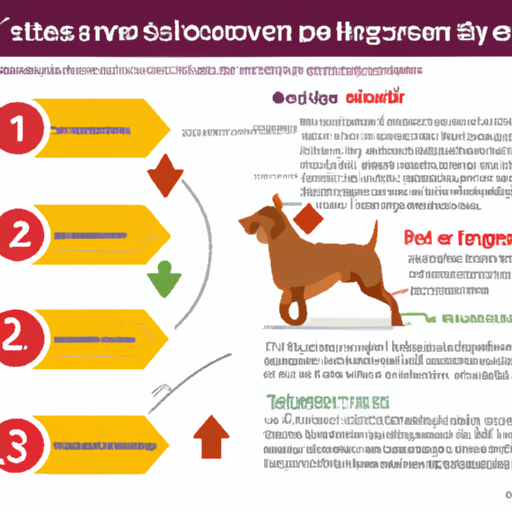Understanding the Function of Liver Enzymes
Dear caregiver, when you hear the term “liver enzymes,” it might sound a bit intimidating. But don’t worry; it’s not as complex as it seems. Liver enzymes are proteins within the liver cells that speed up certain chemical reactions. They play a crucial role in your dog’s body, helping to digest food, remove toxins, and carry out other body functions.
Why High Liver Enzymes in Dogs is a Concern
Just like with humans, an increase in liver enzymes in dogs can signal a potential problem. When these enzymes are high, it often means that the liver is damaged or inflamed. This condition can be due to several causes, from hepatitis to exposure to toxins, or even certain medications.
- Hepatitis: Hepatitis, an inflammation of the liver, can cause a significant increase in liver enzymes.
- Toxins: Dogs are curious creatures, and sometimes they ingest things they shouldn’t. Some of these substances can be toxic and cause liver damage.
- Medications: Some medications can cause liver damage. Always consult with your vet before giving your dog any new medication.
How High Liver Enzymes are Detected
High liver enzymes are usually detected through blood tests. When the liver is damaged or inflamed, it releases more enzymes into the bloodstream. A blood test can measure the level of these enzymes. The main enzymes that are usually elevated in dogs with liver disease are ALT (Alanine aminotransferase) and AST (Aspartate aminotransferase).
| Enzyme | Normal Range | High Range |
|---|---|---|
| ALT | 10-100 U/L | Above 100 U/L |
| AST | 15-50 U/L | Above 50 U/L |
Treatment Options for High Liver Enzymes
Treatment for high liver enzymes depends on the underlying cause. If it’s due to toxins or medication, your vet may advise you to avoid these substances. In some cases, a change in diet could also be helpful. Your vet might also prescribe medication to help reduce inflammation and damage to the liver.
- Avoid toxins: Keep your home and yard free of potential toxins that your dog could ingest.
- Change in diet: A diet high in protein and low in fat can help support liver function.
- Medication: Your vet may prescribe medication to help manage liver disease.
FAQ
Q: Are high liver enzymes always a sign of liver disease?
A: No, high liver enzymes can also be a result of muscle injury, but liver disease is the most common cause.
Q: Can diet alone treat high liver enzymes?
A: Diet can support liver health, but it’s not a cure. Always consult your vet for a treatment plan.
Q: Is liver disease in dogs curable?
A: It depends on the cause. Some forms of liver disease can be managed but not cured.
Q: Can a dog live a normal life with liver disease?
A: Many dogs with liver disease can live a happy, fulfilling life with proper care and treatment.
Your compassion as a caregiver is fundamental to your dog’s well-being. Remember, early detection is key, so regular vet check-ups are essential to keep your furry friend in the best possible health.



